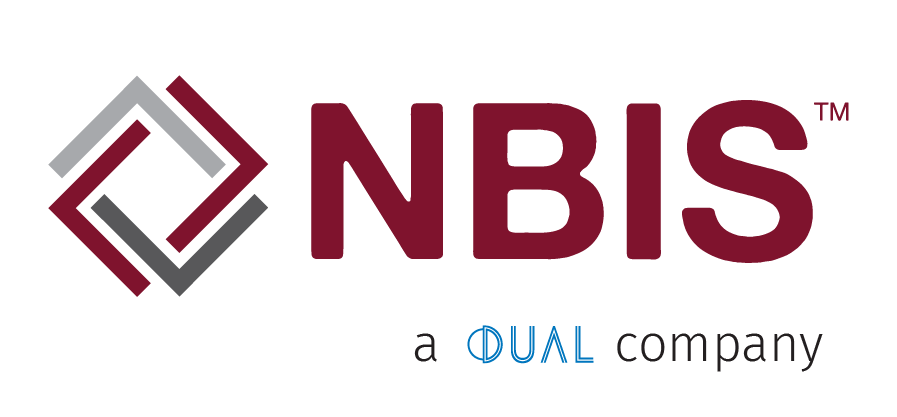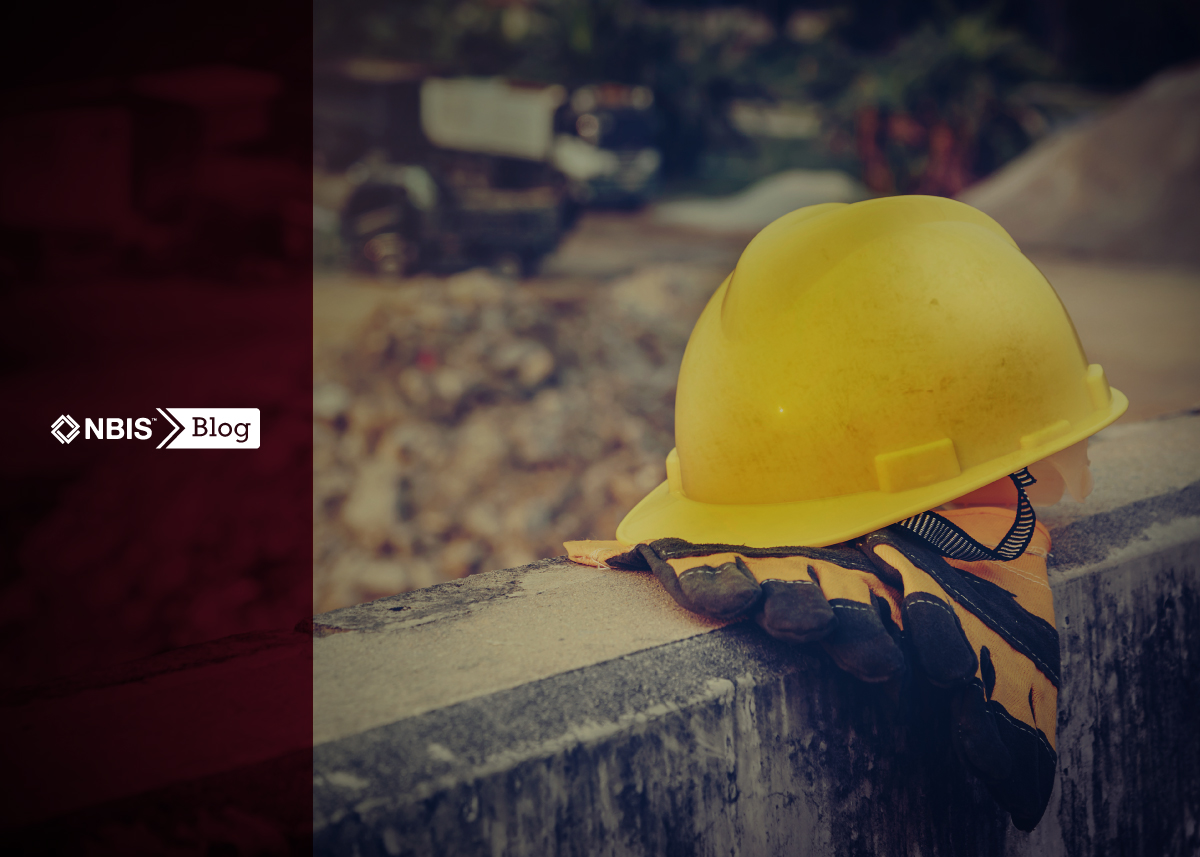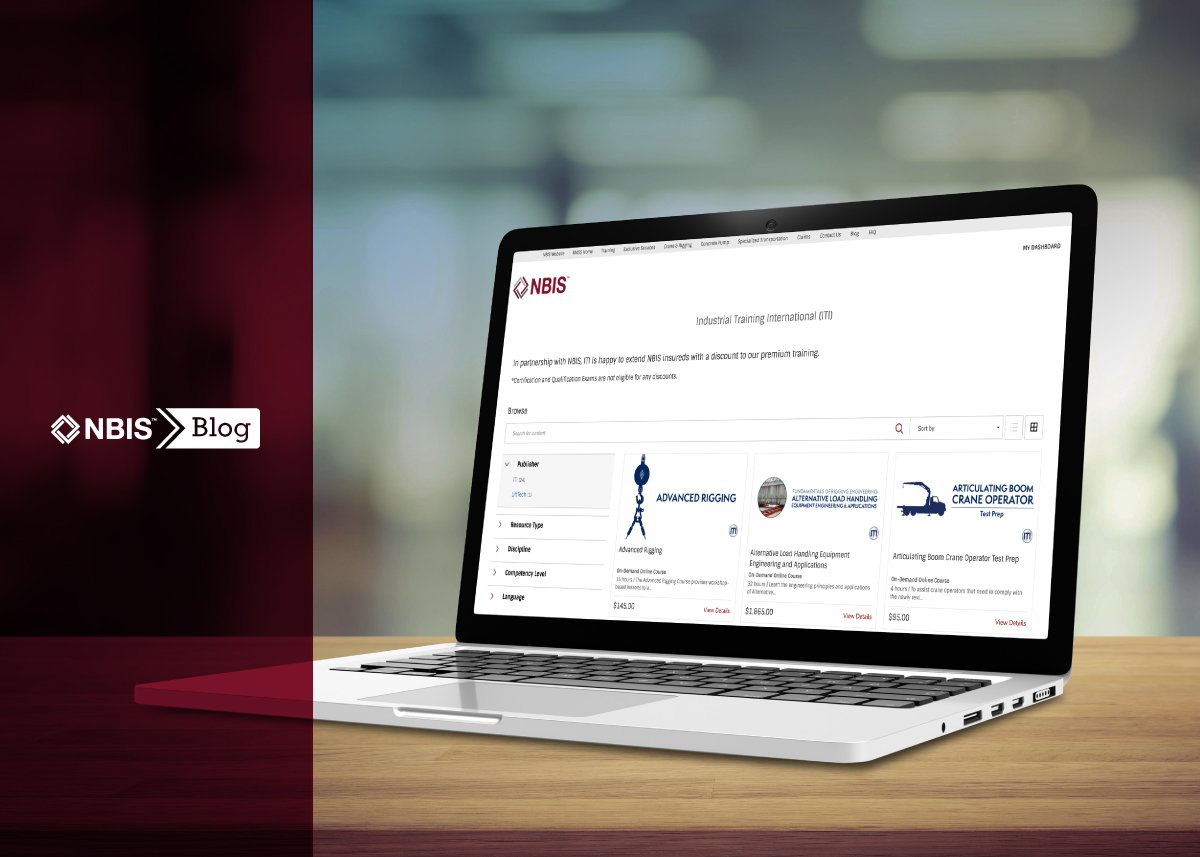Running last month from October 17–21, the second-annual Construction Inclusion Week brought both in-person and virtual events to more than 2,000 companies nationwide.
The event comprises an industry-wide awareness effort to create collective safe spaces for difficult conversations, provide educational insights, and foster a more inclusive construction industry. The overall mission is to stand united in setting expectations and promoting consistent behavior that champions inclusion—which fuels innovation and connection between employees, clients, and communities.
Designed to inspire companies throughout the construction industry around the globe to cultivate and perpetuate diversity, equity, and inclusion (DEI), Construction Inclusion Week 2022 provided daily simulcasts, a library of conversation guides for jobsites and offices, as well as supplemental resources—including videos, podcasts, and reading materials—to aid participating companies in planning events and activities within their organizations.
Perhaps most tangibly, the event introduced a DEI Maturity Assessment to use as a baseline for targeted engagement with the training materials and future strategic implementation for industry firms.
To that end, by working together, learning from one another, and promoting consistent commitments and actions towards maintaining a safe and inclusive work environment, the ultimate hope behind Construction Inclusion Week (CIW) is that it will effect positive change in the industry for generations of workers to come.
Bold Steps
And so far, so good. In just its second year, the event boasted a total of 2,345 registered companies, nearly doubling the 1,200 that took part in 2021.
According to Gilbane Building Company—one of CIW’s six founding members—the construction industry’s culture must become more inclusive to genuinely attract, retain, and develop the best talent and maximize supplier diversity.
Historically, they added, the industry makes the most progress when members collaboratively work together. The actions of individual firms may move the needle, but fostering sustainable and measurable change requires unity, a shared focus on achieving goals, and taking bold steps.
Additional founding members include: DPR Construction, Mortenson, Turner Construction, McCarthy, and Clark Construction.
In a recent statement to Construction Dive, Turner CEO Peter Davoren acknowledged, “We have more champions on the trade-partner level than ever before who are dedicating their businesses to eliminating hate and bias, and upgrading the behavior on projects so all workers are treated with dignity and respect.”
According to the event’s founders, CIW is modeled on the past success of Safety Week, which helped dramatically bring down recordable incidents on jobsites since its founding in 2004. They aim to do the same with this endeavor, which is free to all participants.
That said, each day of CIW 2022 was focused on a different area of jobsite inclusion: Commitment and Accountability, Belonging, Supplier Diversity, Workplace Culture, and Community Engagement.
Engage and Enlighten
As for the Community Engagement piece, CIW 2022 championed an initiative titled “Welcome to the Class of 2032.”
The undertaking is motivated by the notion that, while creating a more diverse and inclusive industry will not happen overnight, there are actions we can take now to inspire the next generation of builders.
Recognizing that construction is unique in the number and variety of career opportunities it provides, CIW reemphasized what most throughout the industry already know: there isn’t a lot of information available to students about what careers in construction really look like.
And so CIW is encouraging construction companies to engage and enlighten the industry’s next generation by connecting with young people at the 3rd-grade level in their areas—i.e., the class of 2032. “As on-site builders, our project teams are in the perfect position to inspire the next generation,” said CIW. “Skilled trades, equipment operators, VDC, project managers, safety professionals, and others have a wealth of experience and stories to share with youth. Third grade is the perfect age for students to learn about careers in construction, especially from people who ‘look like them’ and are relatable.”
According to CIW, research has shown that career interests, and associated gender bias about jobs, are formed as early as age four. “The third grade is an age of great academic and social/emotional growth,” they added. “Students begin applying logic and reason to concepts, their attention spans increase, and for the first time, they understand the concept of ‘future.’”
For more information, and to take part in future CIW events, visit www.constructioninclusionweek.com.







